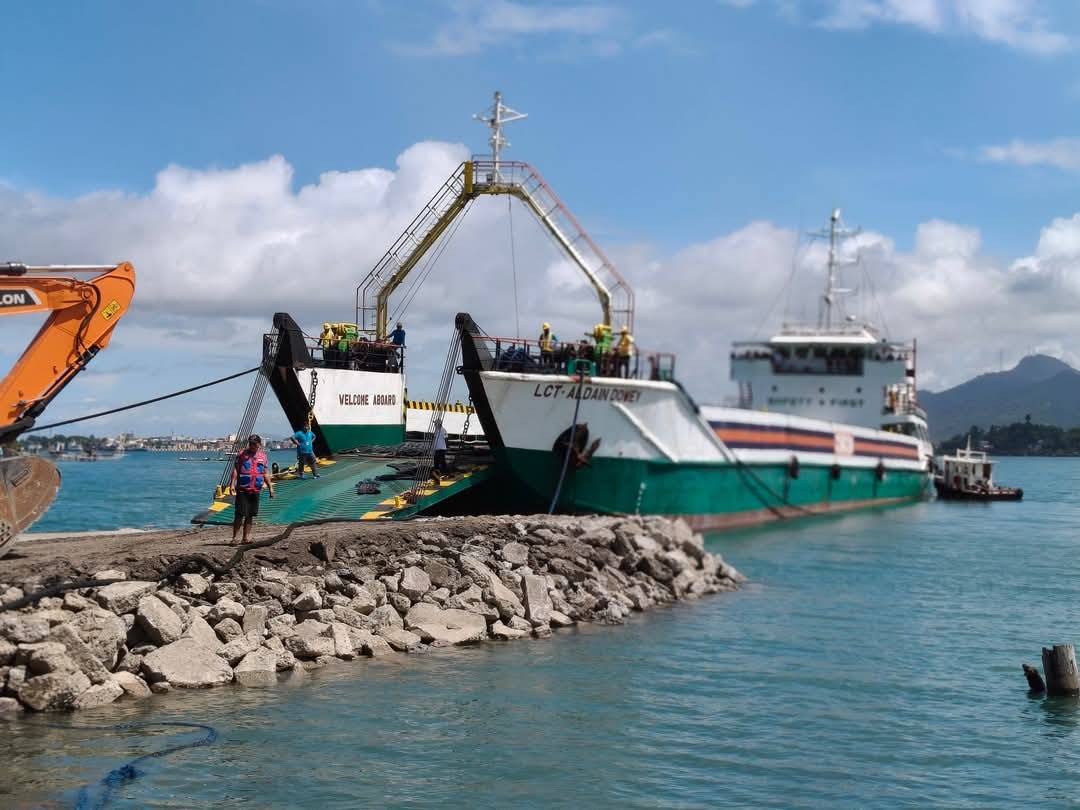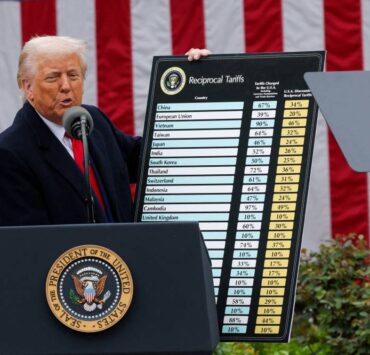Emergency state up in 3 E. Visayas areas amid San Juanico problem

TACLOBAN CITY—The city government here and the province of Eastern Samar have issued separate state of emergency measures in response to the severe economic and logistical impacts caused by load restrictions at the San Juanico Bridge.
The declaration will allow the two local governments to tap their quick-response fund to mitigate the economic and logistical impact of the vehicle weight limit now in place at the 52-year-old bridge, a vital span connecting the islands of Leyte and Samar.
According to Eastern Samar Gov. Ben Evardone, the province is already experiencing supply disruptions, particularly in fuel and essential goods, as a result of the bridge’s partial closure due to structural concerns.
“We have received reports of price increases in various consumer products and construction materials coming from Tacloban. The big three oil companies currently have no supply in the province. Even agricultural products from Leyte, Mindanao and other parts of the Visayas have seen significant price hikes,” he said in a Viber interview on Thursday.
The Department of Public Works and Highways (DPWH) imposed the 3-ton load limit on May 14 after it found structural defects on the 2.16-kilometer bridge. The load limit has since disrupted the movement of heavy vehicles and vital supplies between the islands.
Transport subsidy
Evardone said the provincial government is pushing for transport subsidies, particularly for roll-on, roll-off (ro-ro) services, to offset rising logistics costs.
They are also appealing for direct ro-ro trips to Eastern Samar to improve the flow of goods.
“We fear that the situation will worsen if no measures are taken to cushion the impact. Declaring a state of emergency will enable all government agencies to act with urgency to address the issue,” Evardone said.
Tacloban City Mayor Alfred Romualdez warned that the load restrictions could seriously undermine the city’s economy, especially given its heavy dependence on the flow of goods via San Juanico Bridge.
“The limitation will have a stifling effect on economic activity in the city of Tacloban, including the supply of food and services,” Romualdez said in a letter to the city council on May 26.
The council responded by passing a resolution declaring a state of emergency on May 29.
Romualdez said the declaration aims to expedite rehabilitation efforts for the San Juanico Bridge as well as repairs to the Amandayehan Port in Basey town, Samar.
The port has been identified as a temporary hub for vehicles weighing over three tons bound for Tacloban.
“This declaration will be used as a vehicle to fast-track the actions of our national government in addressing the San Juanico Bridge problem,” the mayor said.
Interventions
Last May 20, the provincial government of Samar also placed the province under a state of emergency in response to the growing crisis, enabling the use of its quick response or calamity fund to cushion the economic blow.
Samar Gov. Sharee Ann Tan, in a separate interview, said the declarations would help accelerate national government interventions, especially by the DPWH and the Department of Transportation.
“The state of emergency allows agencies to act immediately—bypassing the usual procurement procedures—for the rehabilitation of the San Juanico Bridge,” Tan said.
She said Samar is among the most affected provinces, as much of its fuel and other essential supplies come from Tacloban City in Leyte.
“It’s not only the business sector that’s suffering; even the delivery of basic needs is being affected,” she added.

















